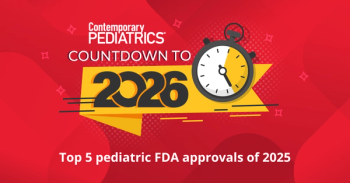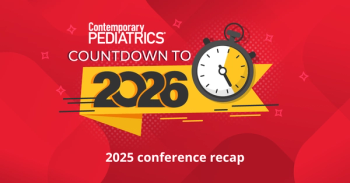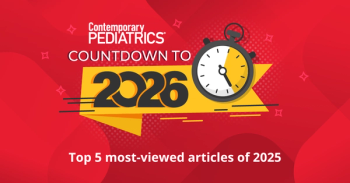
When to withhold nutrition from a child
It?s a choice that no parent wants to make, or even consider. But in certain cases, the AAP now says, it can be an ethical choice.
It’s a choice that no parent wants to make, or even consider. But in certain cases, the AAP now says, it could be the ethical choice.
In the
The report uses the phrases "medically provided nutrition" instead of "food." This, it explains, is because the tube-based hydration and nutrition is far removed from actual eating. Also, "withholding" this sustenance is different than starvation because the only cases it would apply are those where there would be no registration of such an emotion.
The report advises anyone facing such a grueling decision to seek ethical consultation. It also comments about "crossing a line" in deciding such life-and-death issues, so that a child with a disability doesn't get lumped in with one with no quality of life or hope for recovery. And it comments on the legal arena: sustenance has been considered a medical treatment in most every relevant case, and its denial has been treated similarly to withholding a ventilator’s artificial lungs.
Newsletter
Access practical, evidence-based guidance to support better care for our youngest patients. Join our email list for the latest clinical updates.








